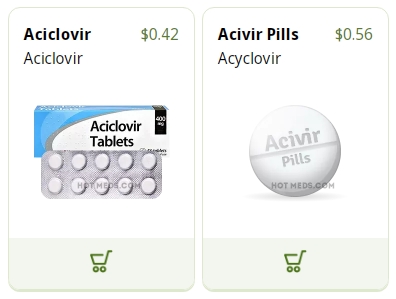Understanding and Managing Genital Herpes: Effective Treatment Options
Introduction
Genital herpes is a common sexually transmitted infection (STI) caused by the herpes simplex virus (HSV). While there is no cure for herpes, several treatment options are available to manage and alleviate its symptoms. In this article, we will explore the nature of genital herpes, its treatment strategies, and ways to prevent transmission.
Understanding Genital Herpes
Genital herpes is caused by two types of herpes simplex viruses: HSV-1 and HSV-2. While HSV-1 is commonly associated with oral herpes (cold sores), both types can lead to genital herpes through oral-genital or genital-genital contact.
Symptoms of Genital Herpes
Outbreaks: The primary symptom of genital herpes is the occurrence of painful, fluid-filled blisters or sores in the genital or anal area.
Itching and Discomfort: Itching and discomfort around the affected area are common during outbreaks.
Flu-Like Symptoms: Some individuals may experience flu-like symptoms during their initial outbreak, including fever, swollen lymph nodes, and muscle aches.
Treatment Options
While there is no cure for genital herpes, antiviral medications can help manage and reduce symptoms, speed up healing, and decrease the frequency of outbreaks. The most commonly prescribed antiviral medications for genital herpes include:
Acyclovir: Available in various forms, including oral tablets, topical creams, and intravenous injections, acyclovir helps to suppress the herpes virus and alleviate symptoms.
Valacyclovir: This medication is taken orally and is highly effective in reducing the frequency and duration of outbreaks.
Famciclovir: Similar to valacyclovir, famciclovir is an oral antiviral medication that can help control and manage genital herpes symptoms.
Treatment typically involves starting medication at the first sign of an outbreak or for recurrent symptoms, and it is often prescribed as a short-term course.
Prevention
Preventing the transmission of genital herpes is essential, both for those who have the virus and those who do not. Here are some key preventive measures:
Safe Sex: Consistently and correctly using latex or polyurethane condoms during sexual activity can reduce the risk of transmission.
Disclosure: Individuals with genital herpes should inform their sexual partners about their condition to make informed decisions about sexual activity.
Antiviral Medication: Daily suppressive therapy with antiviral medication can reduce the risk of transmitting the virus to sexual partners.
Abstinence: Abstaining from sexual activity during outbreaks can prevent transmission.
Conclusion
While genital herpes can be a lifelong condition, it is manageable with the right treatment and preventive measures. If you suspect you have genital herpes or have been diagnosed, consult with a healthcare provider to discuss appropriate treatment options and strategies for preventing transmission. Additionally, practicing safe sex and open communication with sexual partners are essential steps in reducing the spread of this common STI and maintaining overall sexual health.
Last updated
